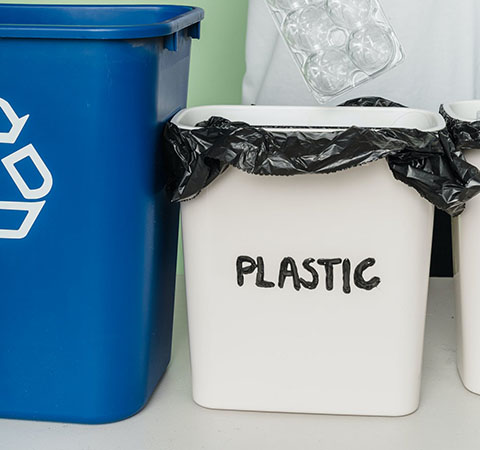The circular economy involves recycling products to reuse their materials in the manufacturing process. Before the pandemic, there was a worldwide effort to make global economies more circular. However, with COVID-19 wreaking havoc across the globe, it is unclear just how this will affect these endeavors and what they will look like moving forward.

How is the Pandemic going to impact the circular economy?
- It interrupts the shipping process and makes it difficult to have an economy that reuses in order to get things to go where they need
For instance, with high labor demands resulting in fewer recycling drivers, it can be challenging to transfer plastics where they need to be effectively recycled, thus posing challenges to the circular economy. - More personal protective equipment (PPE) means more single-use plastic waste
- More food delivery means more single-use plastic waste
- Unemployment, inflation, and financial struggles mean that fewer people buy reusable products, as they tend to be more expensive
However, there is reason for hope. As evidenced by the European Union’s "Green Recovery Plan," a $750 billion economic stimulus package that includes components of the Circular Economic Action Plan, the COVID-19 pandemic may help accelerate the transition to a more circular economy as a tool for economic growth and recovery.
Can a third-party logistic provider navigate the new reality?
Yes and no. A third-party logistics (3PL) provider will not help anyone stop using single-use plastic, but it could help move products from one place to another to smooth out the challenges Covid-19 has caused in efforts to increase recycling and re-manufacture. 3PL can make it more efficient to get those products where they need to be to facilitate the reuse of materials.
In conclusion, the Covid-19 pandemic is certainly causing challenges for the circular economy, and it is still unclear how long these effects will last and how much damage will be generated. But, there are silver linings to be found, and efforts such as the Green Recovery Plan in the EU and third-party logistics providers may go a long way towards navigating the problems we face.
